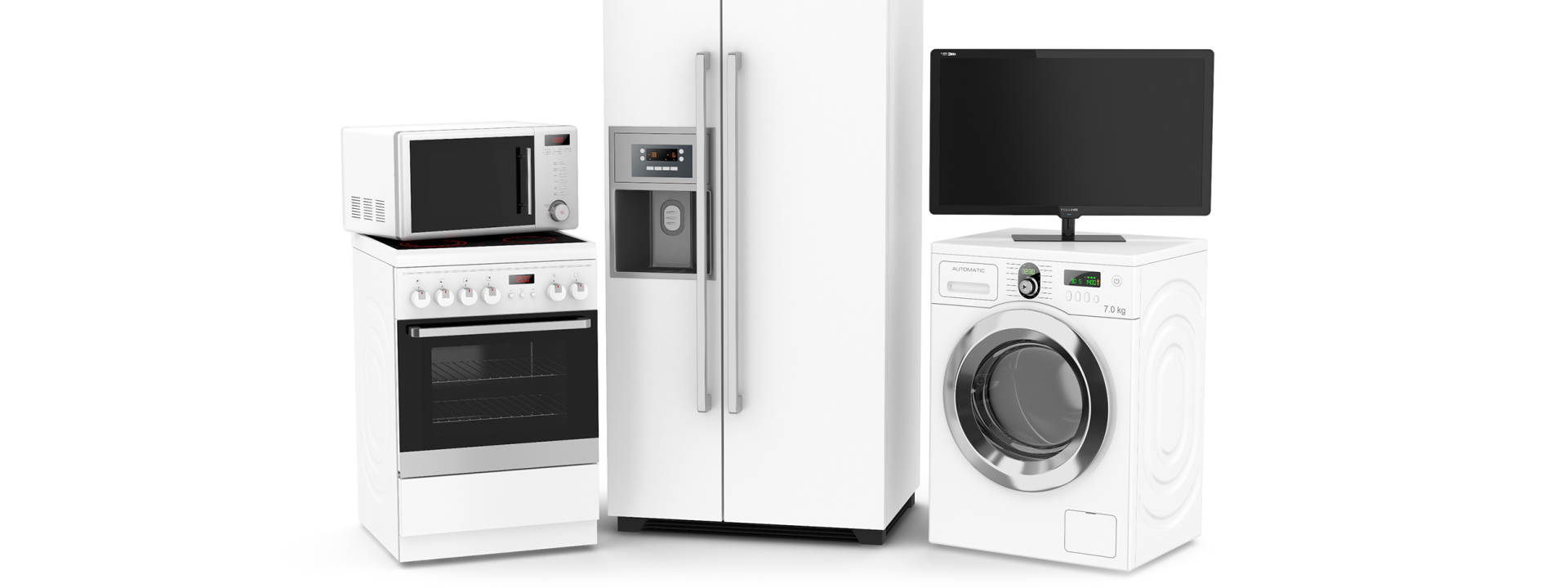Bureau of Energy Efficiency - Easy Market Access
TÜV Rheinland India laboratories in Gurugram and Bangalore are capable of conducting tests for products as per the requirements of the Bureau of Energy Efficiency (BEE), Energy Star Label Program.
BEE revises the star labelling rating every year. Due to the ongoing COVID 19 pandemic, few products’ star labelling revision dates have been extended. The extensions include LED Lamps, Tubular Fluorescent Lamps, and more. TÜV Rheinland Bangalore is now offering BEE Testing for microwave ovens with an objective of providing the consumer an informed choice about the energy-saving and thereby the cost-saving potential of the marketed household and other equipment.
The mission of the Bureau of Energy Efficiency (BEE) is to assist in developing policies and strategies with a thrust on self-regulation and market principles, within the overall framework of the Energy Conservation Act, 2001 and with the primary function to develop programs to increase the conservation and efficient use of energy in India.
For manufacturers to acquire a BEE label for their products, they need to apply to BEE with the required test reports. In order to issue test reports, a testing lab should be accredited to ISO/IEC 17025 by the National Accreditation Board for Testing and Calibration Laboratories (NABL) and should offer the scope for testing products listed by BEE. TÜV Rheinland India’s NABL accredited laboratories offer in-house testing services of regulated products under the applicable standards.
Recognition of TÜV Rheinland India laboratories in Gurugram and Bangalore by Bureau of Indian Standards (BIS) under Compulsory Registration Scheme
TÜV Rheinland India's Bangalore testing laboratory has received the recognition by the Bureau of Indian Standards (BIS) under the Compulsory Registration Scheme (CRS) for applicable IS standards to offer an additional range of testing services which includes the addition of twelve product categories under Phase IV to the schedule of the “Electronics and Information Technology Goods (Requirements for Compulsory Registration) Order, 2012. Such newly added devices must adhere to provisions within the Compulsory Registration Scheme (CRS) regulated by the Ministry of Electronics and Information Technology (MeitY), Government of India.
TÜV Rheinland India is one of the first international laboratories with a complete scope of BIS recognition for newly added product categories and existing IT, Audio/Video and Household, Lighting & UPS product categories under the registration scheme.
BIS, a national standards body of India, was established for the harmonious development of standardization activities, marking and quality certification of goods.
BIS has been providing traceable and tangible benefits to the national economy by ensuring safe, reliable, and quality goods to enter the Indian markets. Through standardization, testing, and certification, health hazards are further minimized.
BIS recognized labs, such as those of TÜV Rheinland India, enable manufacturers of PV Modules, Inverters, and Batteries to register their products with BIS after getting their product tested at these labs. State-of-the-art equipment is used in TÜV Rheinland laboratories to test products accurately and in accordance with the BIS CRS. According to IS 14286, PV Modules are tested for design qualification, while safety requirements in terms of construction and testing are tested under IS/IEC 61730-1&2. IT, Audio-Video, Battery, Home Appliance & UPS products are tested for safety evaluations based on the criteria for electrical, mechanical, and fire safety requirements, while luminaries are tested for safety and performance with the Type-C Photo Goniometers.
The Telecommunication Engineering Centre (TEC), Government of India, has recognized TÜV Rheinland India’s product testing labs in Bangalore & Gurugram
TÜV Rheinland laboratories conduct testing of telecom equipment under the Mandatory Testing and Certification of Telecom Equipment (MTCTE) certification program. Under the MTCTE program, testing is carried out to demonstrate conformance to various requirements including Electrical Safety, Reliability, EMI/EMC and Wireless laid out under the “Essential Requirement” Guidelines developed by TEC for those additional 9 Product Categories under Phase I and Phase II regulated by the MTCTE certification program.
The Indian Telegraph (Amendment) Rules, 2017 mandates that every telecom equipment imported into or manufactured in India must undergo testing and certification prior to sale. Conformance Testing to the Essential Requirements for telecom equipment will be conducted by Indian accredited laboratories under ISO/IEC 17025, which are also designated by TEC. TEC shall then issue product certificates based on the test reports from these accredited laboratories.
MTCTE is a significant development by TEC to regulate telecom equipment in India, and the Essential Requirements for telecom products are based on EMI/EMC testing, safety, technical and other requirements, as prescribed by TEC. With TEC’s recognition of TÜV Rheinland laboratories at Bangalore & Gurugram, it further strengthens the Market Access Service offerings that TÜV Rheinland’s provides to telecom equipment manufacturers. TÜV Rheinland's state-of-the-art laboratory in Bangalore with a 10-meter Semi-Anechoic Chamber for EMI/EMC and dedicated Wireless Testing facilities has contributed to India’s development of modern and efficient telecom networks, with use of standard, compliant devices, and their interoperability, as per MTCTE.
Our Wireless/ IoT Laboratory in Bangalore is now further equipped with an advanced DASY6 System to evaluate wireless devices for their Specific Absorption Rate (SAR) as per national and international standards such as IEC 62209-1, IEC 62209-2, IEEE 1528, CE and FCC KDB regulations, etc. We offer the full scope of test solutions and test wireless products according to IEEE and IEC measurement procedures for SAR.
Market Access Services:
A key aspect of successfully accessing new markets in foreign countries involves complying with the regulatory standards of that country. India is no exception to this requirement. With an increasing focus on safety and quality for products and components sold in India, the Indian government is stepping up its vigilance and gate-keeping efforts to ensure both global and local manufacturers are bringing in the right quality and safer products to the country. It performs this role by defining quality and safety standards for components and products, and assigning responsibilities to qualified third parties and neutral certification bodies, ensuring such standards are met by manufacturers wishing to enter the Indian market. And this where our Market Access Services experts will provide you with relevant information about regulatory requirements and corresponding certification services and will also help you obtain required approvals.
A Clear International Advantage:
Our Market Access Services offer you several advantages when you are looking at launching your products in international markets. TÜV Rheinland is present in over 500 locations across 56 countries with over 20,000 highly qualified employees worldwide. We do everything from a global perspective in order to make it easier for your product to gain secure and successful market access.


